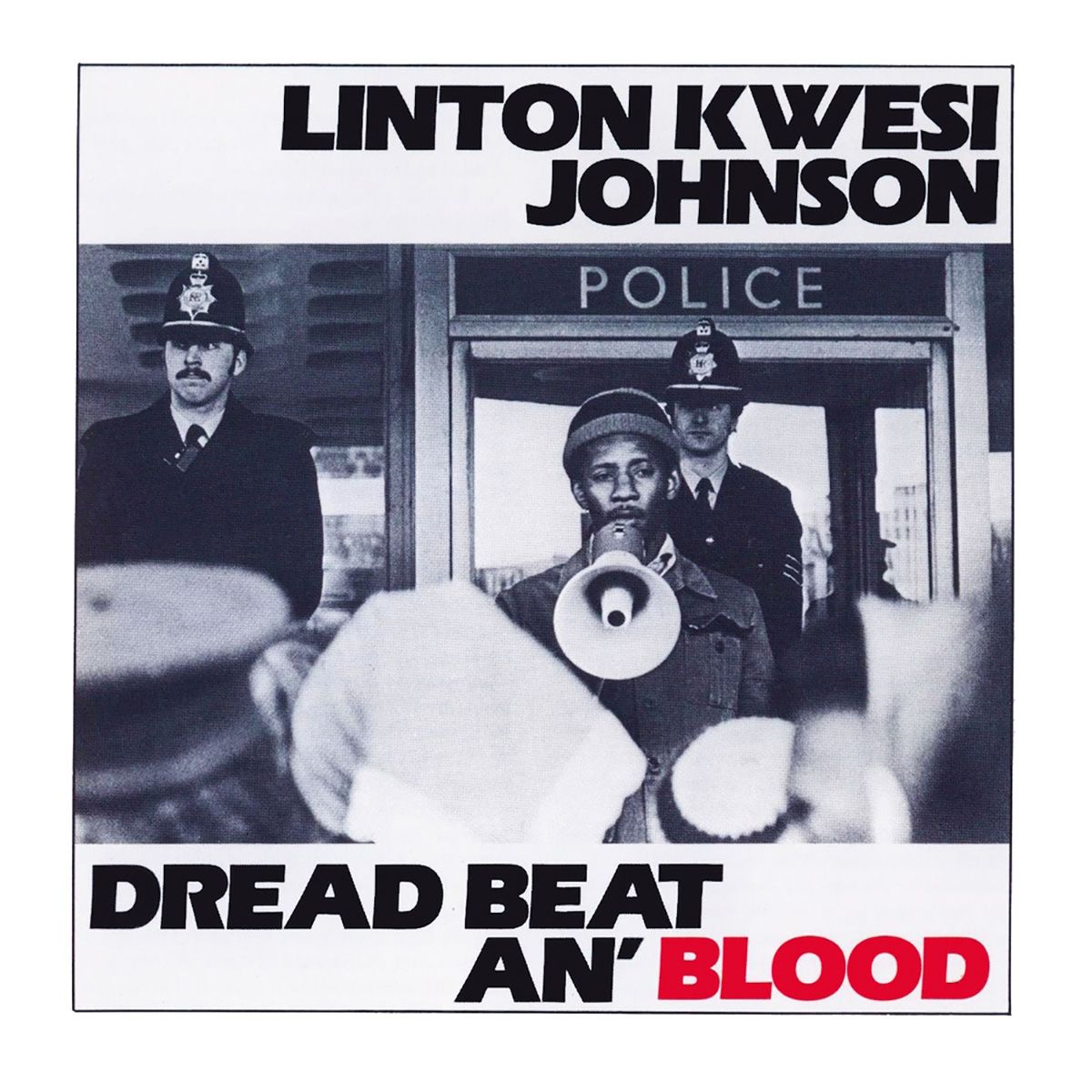
Bookshelf Picks: Peter Houston on podcast voices, indie publishing and starting a movement
London College of Communication industry mentor Peter Houston shares his top five bookshelf picks to help you stay inspired and stay creative.


Karl Anderson Foster is Year 2 Leader and Senior Lecturer on BA (Hons) Illustration and Visual Media at London College of Communication (LCC).
As an illustrator, writer and educator, Karl is particularly interested in exploring the social attitudes of Western societies and the impact of imperialism on minority groups through work such as The Neon Chicken and the Rubber Duck, a series of cartoon strips and animations.
In addition to teaching at LCC, Karl is a practice-based designer who regularly creates artwork for a range of exhibitions, digital contexts and acclaimed competitions. He also runs Narcissus Productions, where he facilitates collaborations with a range of fellow artists and creators, and contributes to a range of publications.
As part of our Bookshelf Picks series, Karl shares a number of works that have made a significant impact on his practice, philosophies and creative approach.
These words by my grandfather Frank Augustus Hinds have followed me since childhood and continue to direct my outlook on life. Today, I’m sharing my inspirations with you.
Since 2015, I’ve been providing regular book reviews for Bloomsbury, The Association of Illustrators and Walker Books. I’ve always tried to promote works that are more inclusive, and that challenge the stereotype of who an author is and what the content of a ‘book’ should be.
The creative shaping of speech and the written word is something that all my Bookshelf Picks have in common. Language needs to be torn apart, reframed, reclaimed and sometimes banished if we’re to fully understand our current state as humans.
My own understanding and use of language has been shaped by a number of books over the years, including:
I was raised by determined and supportive women, and in addition to my selected works, I also want to mention the following individuals who have helped me to set a good example: Joan Armatrading, Randy Crawford, Angela Davis, Ava DuVernay, Aretha Franklin, Doreen Lawrence, Toni Morrison, Mary Seacole, Nina Simone and Harriet Tubman.
"Art cannot change things by itself. It can make people aware, but you have to take another step once you become aware." - Linton Kwesi Johnson (BBC Sounds, 29 July 2020)
I was given this album by one of my Foundation tutors in 1985 before leaving home to study at Maidstone College of Art.
This record was a real game changer. In my teens, I never enjoyed punk music, and its dalliances with Nazi memorabilia troubled me; however, this ‘punk’ record did it for me.
I was used to seeing the world filtered through the bias of BBC news services, and when I heard Dread Beat An’ Blood, it spoke to me and alerted me to the fact that there could be a powerful counter argument to the mainstream. Dub poetry became the rhythm of my heart.
“Look for the one and you always find the two. Twos twos as bad as the one.”
This book came hot on the heels of my fascination with dystopian classics by Orwell, Huxley and Shute. The use of broken language to describe a post-apocalyptic Kent (where I was studying for my degree at the time) appealed to me in the extreme.
I created a series of large monoprints in response to Riddley Walker, and I later made small watercolour paintings of the scene where nuclear fission occurs.
In 1988/89, I needed to catch up on art and writings by BiPOC (Black, Indigenous and People of Colour) as I realised that I would never be welcome in white societies. I read this book aged 23, 33 and 43 - my interpretations changed each time and my bitterness intensified.
Native Son is plotted across 3 chapters: Fear, Flight and Fate. My own life could have followed the same trajectory had I been less lucky. I made some works that showed how the US imprisoned its African-American citizens that were later echoed in Ava DuVernay’s 2016 Netflix documentary, 13th.
The Black Jacobins offered a powerful and life-changing encounter that augmented my sense of black empowerment. In this book, I could see how evil all forms of slavery are, and therefore, there can be no forgetting or forgiving possible. A companion work would be The Fighting Maroons of Jamaica by Carey Robinson (1969).
Violence works but its seductive qualities tempt me from my righteous path daily. Is it too fast? Are we just playing into the hands of our oppressors?
The law is not always good in the USA and Britain. When the forces of law and order have access to black bodies, bad things always seem to happen. Nat Turner depicts enslaved people rebelling and destroying their oppressors. This futile uprising has helped me to shape my opinions about justice.
Peace is a longer road to travel and the only way to succeed in the long term. Is it too slow? Again, are we just playing into the hands of our oppressors?
I’ve written a review of this poignant graphic novel that illustrates the life of the late Senator John Lewis and his struggle for equality and dignity in a country where such things were considered, at best, a dream.
I’m inspired by the efforts made by these brave pioneers to assert the common humanity of all Americans. Often being sent to prison, they risked and sometimes lost their lives at a time when their lives were considered cheap and disposable. In today’s USA, this battle has begun again - and in earnest.
I’ve been designing a lecture called The March of John Lewis: Why Equality Matters for the Challenging Times series which uses these texts as evidence of the struggle and emancipation that still needs to happen in the USA and wider world. I’m also designing a Unit Project called Equality Matters that will feed into this academic endeavour.

London College of Communication industry mentor Peter Houston shares his top five bookshelf picks to help you stay inspired and stay creative.

Graphic Design graduate and LCC industry mentor Jo Mitchell Long shares her top five bookshelf picks to help you stay inspired and stay creative.

London College of Communication industry mentor Lindy Staadecker shares her top five bookshelf picks to help you stay inspired and stay creative.

LCC industry mentor and Graphic and Media Design graduate Jaya Modi shares her top five bookshelf picks to help you stay inspired and stay creative.